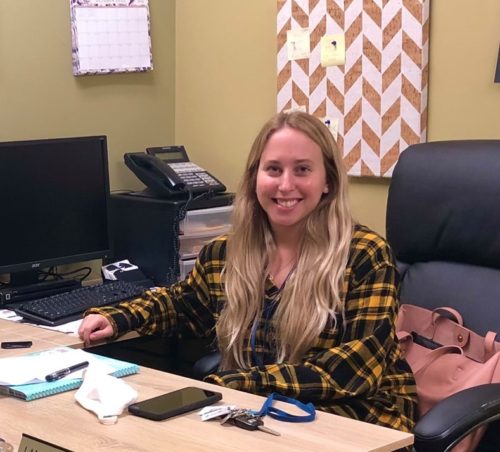
Homeless Court Coordinator
The Saratoga Springs Mayor’s Office and Community Development Department, together with City Court Judge, Francine Vero, and RISE Housing and Support Services worked together to design a Homeless Court which assists individuals who are homeless and charged with non-violent offenses.
Individuals who are eligible and agree to participate are provided with individually tailored, case management services and connected to human service providers. This will assist a person with a mental health diagnosis or substance use disorder who is also experiencing street-homelessness from continuing the cycle of street, to jail, and back into the courts.
The Homeless Court was designed in response to the concern by Saratoga Springs City Court officials of an increasing pattern of individuals experiencing street-homelessness and frequently failing to appear in Court or re-offending shortly after being convicted. City Police echo the Court’s concerns. The pattern results in a backlog of warrants, as well as a significant amount of law enforcement time and resources spent policing individuals experiencing street-homelessness for minor, yet disruptive, offenses.

Homeless Court Coordinator
The Honorable Francine R. Vero presides over the Homeless Court which is scheduled for the second and fourth Tuesday of every month. Saratoga County Assistant District Attorneys, Lyn A. Murphy and Samuel V. Maxwell, and Saratoga County Assistant Public Defenders, Joseph W. Hammer and William Nowak also appear in the Homeless Court.
The Homeless Court Coordinators, Samantha Macio and Victoria Furfaro, will be present to work with participants outside of the courtroom – representing a single, and familiar point of contact for those appearing before the Homeless Court, and providing an opportunity to develop a trusting relationship. The Homeless Court Coordinator will connect individuals to services with the objective of preventing future cases.
This dignified and research-based approach to dealing with a homeless individual serves to improve the quality of life within our community, and resulting in administrative cost benefits by decongesting court dockets and reducing the amount of time the police department spends responding to calls and arrests involving individuals experiencing homelessness.
